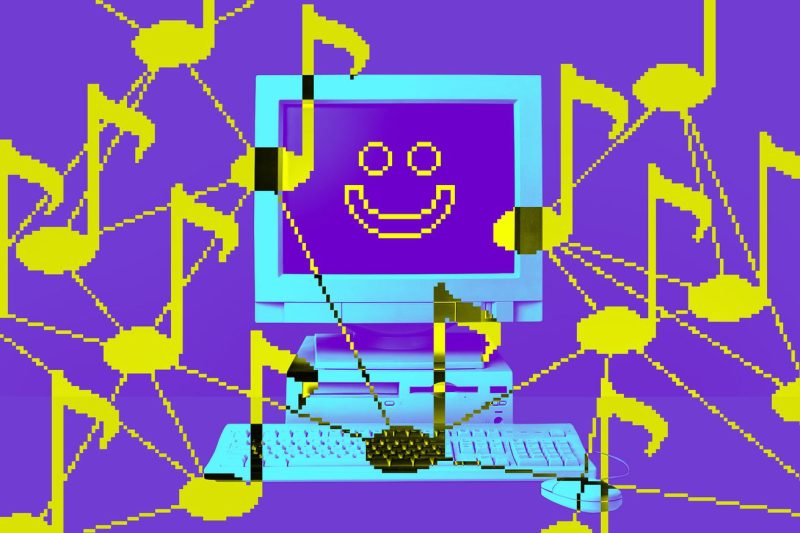In recent years, the music industry has seen a significant shift towards utilizing artificial intelligence (AI) for various tasks, such as music creation, curation, and copyright enforcement. However, the rise of AI in the music industry has sparked a debate about the legal implications of using automated systems to enforce copyright, as highlighted by recent lawsuits filed by the Recording Industry Association of America (RIAA) against technology companies.
The RIAA, which represents major record labels in the United States, has filed lawsuits against companies that provide software tools designed to assist in the creation of music by leveraging AI technologies. These tools, often referred to as AI-generated music software, have raised concerns within the music industry about copyright infringement and the potential impact on musicians and songwriters.
One of the key issues at the center of these lawsuits is the question of ownership and authorship of music created using AI tools. Traditionally, copyright law has recognized the person who creates a work as the author and owner of the copyright. However, with AI-generated music, the line between human and machine creativity becomes blurred, raising complex legal questions about who should be credited as the creator and owner of the music.
The RIAA lawsuits also touch upon the broader issue of how copyright law should adapt to the increasing use of AI in creative industries. As AI technologies continue to advance, they have the potential to revolutionize the way music is created, distributed, and consumed. This presents a challenge for copyright law, which was designed to protect human creativity and innovation but may struggle to keep pace with rapid technological advancements.
Another key concern raised by the RIAA lawsuits is the potential for AI-generated music to infringe upon existing copyrights. AI tools that analyze vast amounts of musical data to generate new compositions could inadvertently reproduce copyrighted material, leading to accusations of plagiarism and copyright violation. This raises questions about how copyright laws should be enforced in the age of AI, particularly when it comes to distinguishing between original creations and derivative works.
Moreover, the RIAA lawsuits highlight the need for clearer guidelines and regulations concerning the use of AI in creative industries. As AI technologies become more sophisticated and widespread, it is crucial to establish legal frameworks that protect the rights of creators while also fostering innovation and creativity. This requires a collaborative effort between policymakers, industry stakeholders, and legal experts to develop sustainable solutions that balance the interests of all parties involved.
In conclusion, the lawsuits filed by the RIAA against AI music software providers shed light on the complex legal issues surrounding the use of AI in the music industry. These lawsuits challenge traditional notions of authorship and ownership in music creation and raise important questions about how copyright law should evolve to address the rise of AI technologies. Moving forward, policymakers and industry stakeholders must work together to develop appropriate legal frameworks that promote innovation while upholding the rights of creators in the digital age.

